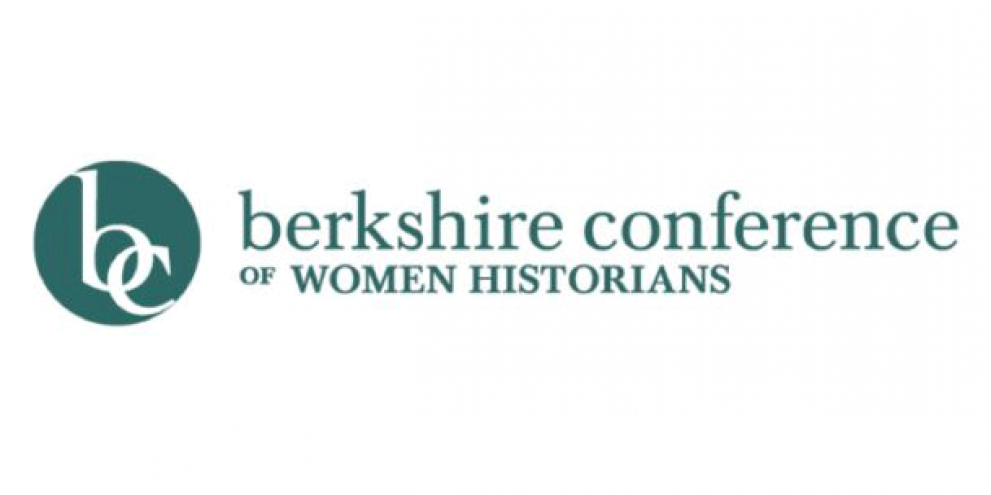Big Berks Conference
Our panel analyzed how childhood was measured in socialist East-Central Europe. In our comparative research, we apply feminist methodologies focusing on intersections of gender with class. We use them innovatively in a state-socialist context to explore the progressiveness and limitations brought about by socialist modernity. We argue that the countries behind the “Iron Curtain” were not islands isolated from world developments. Indeed, our collaborative research shows how surprisingly connected these countries were: via knowledge transfers across national borders and even across continents, experts gained new information, tested their findings, and applied these to people’s lives in their home countries.
Our panel examined how Polish experts improved treatments of premature babies in early socialism without subjecting women’s bodies to ever more scrutiny but instead by sharpening pediatric knowledge. We explored how new devices, such as EEG, spread out in East Germany to monitor and improve childhood development: in kids born prematurely and those suspected of developing deviance. Finally, we discussed how IQ tests were deployed in late-socialist Hungary and how they were-introduced class distinctions while disregarding gender.
Our panel offered new insights into the ways in which knowledge and expertise transcended spatial boundaries and changed the lives of women and children in the process. We seek a novel understanding of how the socialist past connects with our present and what we can learn from local, global and transnational exchanges occurring in the second half of the 20th century.



